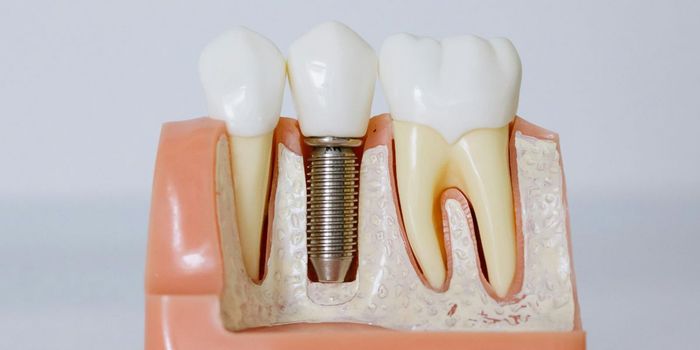The Connection Between Smoking and Mental Health
No one can argue that cigarettes are dangerous to good health. There are thousands of studies that prove the link between tobacco and cardiovascular disease, strokes, heart disease, cancer and so much more.
In 1965, 42% of adults in the United States smoked cigarettes. In 2016, that rate had fallen to 15.5% which is good. However, there is more to it than just overall percentages. The CDC has also found that while only 20% of Americans have an issue with mental health, 30% of the total cigarettes consumed in the US are smoked by those with a mental health issue.
The numbers also show that in the general population, smoking rates are down, but within the community of those dealing with mental health issues, the rate is still quite high, at 36%. Why is there a connection between mental health and smoking? Breaking out the numbers to specific disorders finds that among people who have a diagnosis of schizophrenia, about 80% of these patients are smokers. In patients with anxiety or phobias, the rate is lower at 34% but still higher than the rate of those without a mental health diagnosis.
There has always been an association between smoking and mental health. Sigmund Freud, who is regarded as the father of modern psychiatry smoked up until his death. He was known to consume more than 20 cigars per day, even after having more than 33 operations on his jaw and mouth for smoking-related cancers.
The tobacco industry has long been a part of this trend. Very often cigarette companies would provide free cigarettes to patients in mental health facilities. While regulations in the early 80s restricted the use of tobacco products in hospitals, some facilities solicited donations of cigarettes from tobacco companies, believing that the stress of withdrawal from nicotine could be reduced if patients who did not have the funds to purchase cigarettes on their own were able to have a few smokes a day. The cigarette companies were happy to oblige, and even rode the wave of acceptance of smoking among mental health patients, giving the impression that smoking cigarettes would alleviate some of the symptoms of their illness. The opposite is true, quitting smoking can lessen stress and anxiety.
But hospitals are all smoke-free, so the point is moot, right? Not so much. 90% of general hospital facilities are smoke-free. For facilities that are specifically dedicated to mental health issues, only 49% have banned smoking. It's a common belief that people who are recovering from mental illness cannot quit smoking, but that isn't true. It might take a different approach for those who are mentally ill, but it can be done. Some experts believe that while the intent of not pushing smoking cessation programs on patients who already have psychiatric issues was well-meant, the victory of being able to conquer smoking could be good for patients. Essentially, sometimes you just need a win, and being able to give up smoking might be that win for some patients. It's a hard question to resolve, however, with cigarettes still allowed in mental health facilities. The video below has more information on this pocket of patients who, while are fighting one brave battle, to overcome mental illness, may still have another fight ahead of them.
Sources: CDC, Healthline, UCSF Health Library,









